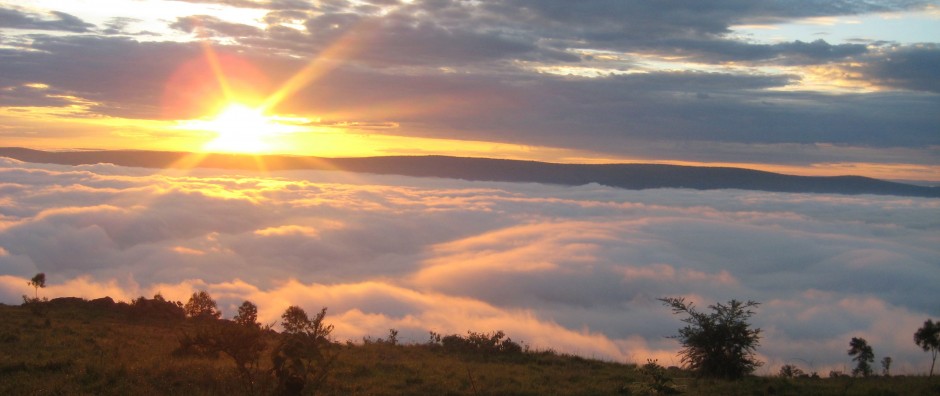One of the more interesting queries I get from Tanzanians involves freemasons. “What do you know about freemasons?” they ask. Often this simply comes up out of the blue, as though it is simply a topic that they have a strong desire to ask an American about. Other times, it comes up because I am asked about my musical tastes, and wanting to say an artist they will recognize (but also a musician I actually like a lot) I say that I like Jay-Z. The typical response to this is, “But, he is a freemason!”
How freemasonry became a topic of interest in Tanzania is far beyond my knowledge of the topic. Indeed, in America, most people tend to think of freemasons as part of a secretive society, but aren’t too worried about them. Of course, there are some conspiracy theorists who would, perhaps, suggest that freemasons are a group of rich and powerful people who have an international conspiracy to control the world, but most people don’t give such a theory much weight.
So, when people ask I say, most Americans don’t believe in freemasons, but that some people might say that freemasons are composed of ultra-rich white people bent on controlling the world. Thus, Jay-Z cannot be a member. Tanzanians do not agree with this assessment. “He must be a freemason,” they say, “how else could he have become so rich and famous?” I respond that he made really popular music, but that does little to convince them. Indeed, I think both my explanations of what Americans think about freemasons, and what I think about freemasons (just about nothing at all) are quite disappointing to Tanzanians, who, I think, expect the inside scoop on freemasonry.
Most Tanzanians think that to become a freemason you must kill a baby, or maybe an old person. They think freemasons do not believe in God, but they are all rich, because if they become a member they are given lots of money by the other members. If someone becomes rich quickly, people assume that he or she is a freemason. If you don’t believe in freemasons, you are delusional, or not paying attention.
Freemasons are among the many superstitions that Tanzanians place a great deal of stock in. The following conversation – written from memory, and poorly capturing the flair of Tanzanian English – illustrates:
“Do you have witchdoctors in America?”
“No.”
“Well, what do you do about all the witches?”
“We don’t have witches.”
“There are witches everywhere.”
“Not in America.” (What I wish I had said here was, “we got rid of all of ours in the 17th and 18th centuries”)
“Well, do you have people that pray under trees?”
“Oh, yeah, we call them pagans.”
“Well, those are witches. How do you free them possession if you don’t have witchdoctors?”
“Well, we don’t force pagans to stop praying underneath trees, but people who are mentally ill go to mental hospitals.”
“Oh, you have hospitals for the possessed?”
Traditional pre-Christian Tanzanian beliefs, have melded oddly with Tanzanian Christianity, and globalized American culture, creating a climate where many people believe in many superstitions, and not all these superstitions are as harmless as they might appear based on my interactions with Tanzanians. For instance, a Christian teenager recently peed on a Koran because a superstition suggested he would turn into a snake, and he wanted to see if it was true. Of course, Muslims had an intense reaction to this defilement of the Koran, and there were riots that resulted in the burning of at least a couple Christian churches. Likewise, albinos still have their limbs amputated, because some witchdoctors use them in potions. Luckily for rich Tanzanians, as far as I know nobody is killed for being a freemason. After all, if you believe in the power of freemasonry, the consequences of killing a freemason would probably be very dire.
